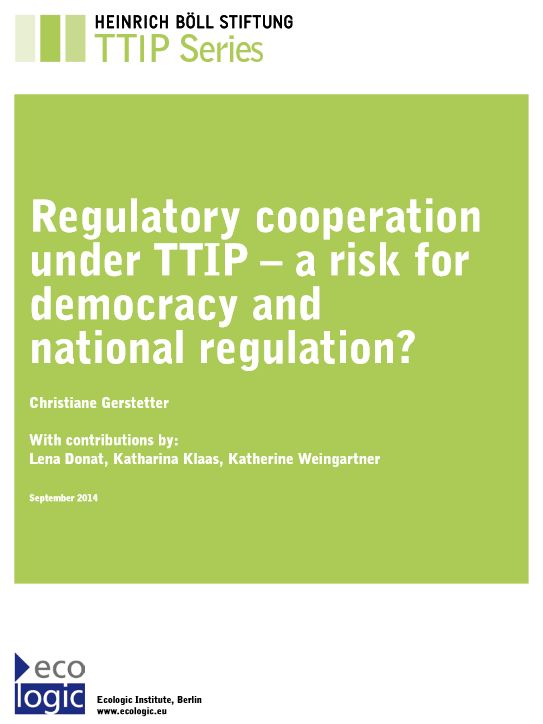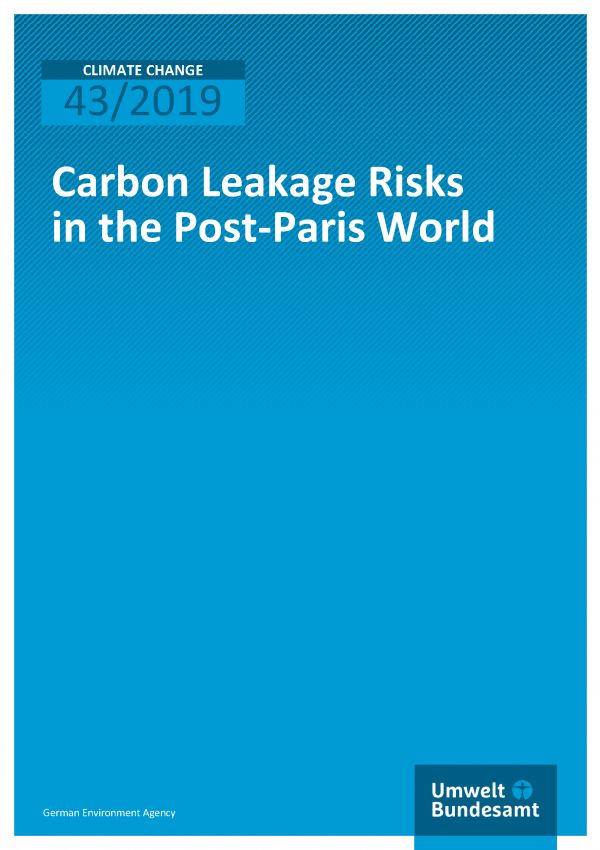In 2019, the EU and the countries of the South American trade bloc Mercosur concluded negotiations on a trade agreement. The negotiated text of the agreement includes a chapter on trade and sustainability. The rules on forest protection are weak, however, and the agreement does not provide for sanctions for violations of sustainability-related commitments, either. Against this backdrop, Ralph Bodle and Christiane Gerstetter, both Senior Fellows at the Ecologic Institute, analyse legal options for strengthening forest protection in the agreement. The legal analysis was compiled on behalf of the German Federal Ministry for the Environment (BMU).
The background to the project is that in Brasil – one of the Mercosur countries – the deforestation of the rainforest is advancing at an alarming pace. Various EU countries and civil society have therefore called for including stronger commitments on forest protection and sanctions for violations in the agreement. In addition, the EU's current trade policy focuses on better enforcing commitments to protect the environment and human rights in its trade agreements.
Main points of the legal analysis
The legal analysis addresses three main questions.
First, Ralph Bodle and Christiane Gerstetter examine whether and in what form general international law allows amendments to the agreement before its ratification. They discuss, for example, the legal effects of a joint declaration by the parties.
The second part of the report considers how forest conservation obligations in the agreement could be strengthened. One option discussed is referring to existing international targets on forest protection; existing international mechanisms for monitoring forests and forest management in different countries could also be used.
Third, the authors explore possible rules on sanctions for violations of sustainability-related commitments. One option they analyse is extending the general sanctions regime of the agreement to all types of violations. If a party to the agreement fails to comply with forest conservation commitments, the other parties could then, under certain conditions, suspend trade concessions agreed in the agreement.





